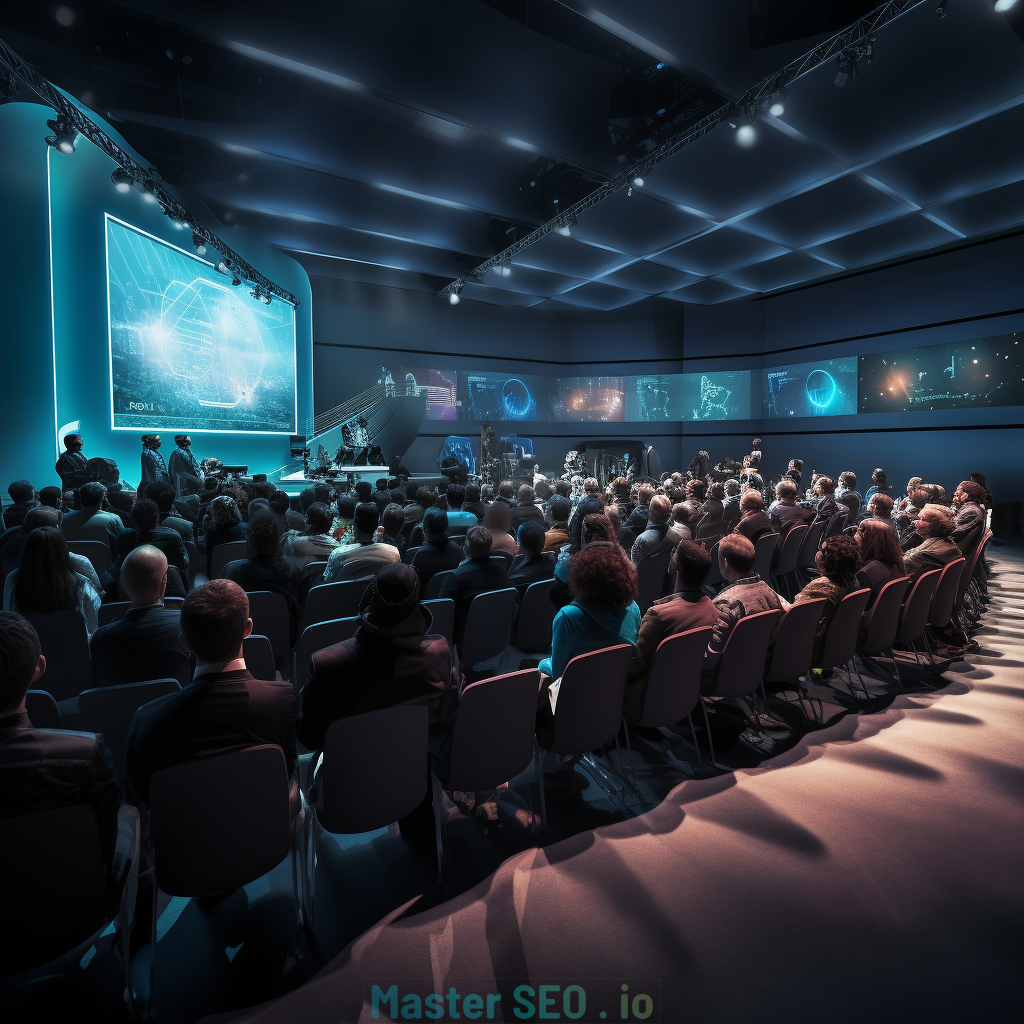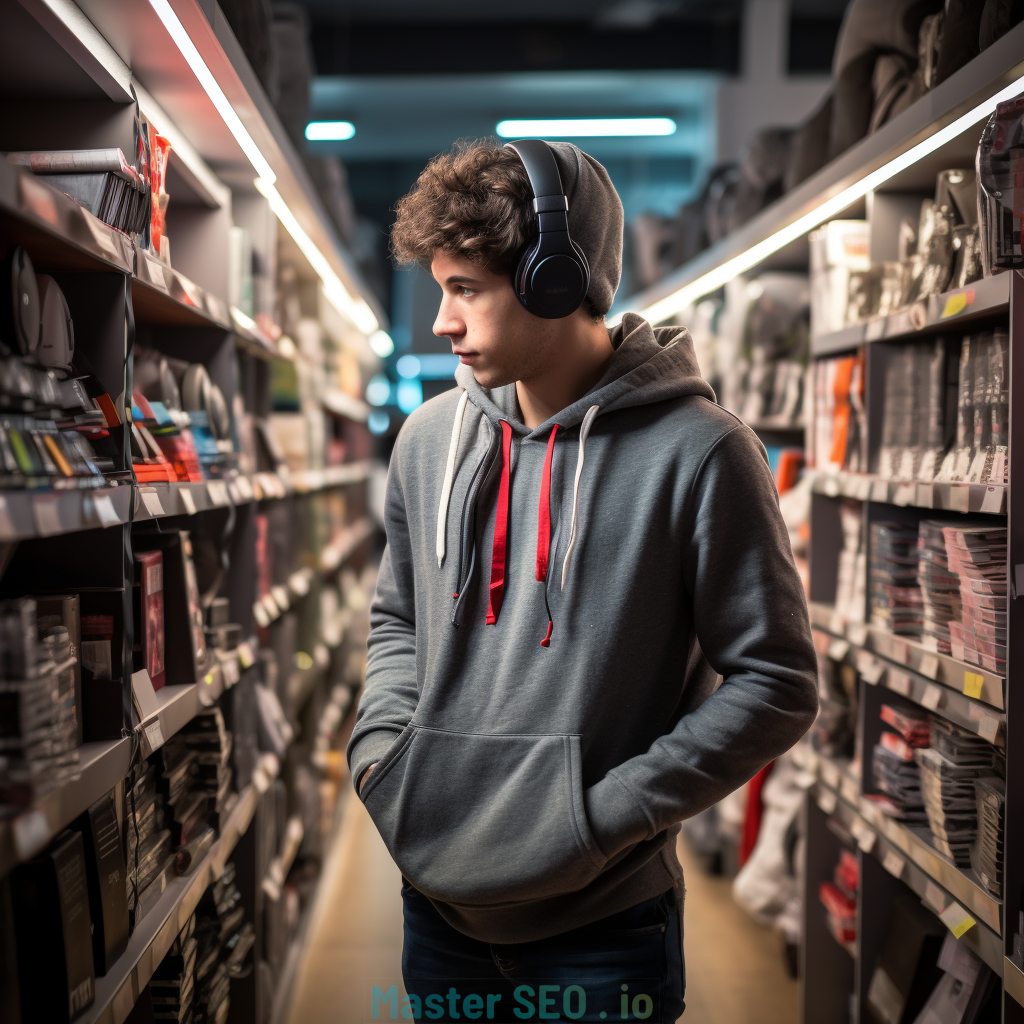It’s no secret that webinars have seen its fair share of criticism over the years. The proliferation of virtual events, driven in part by the challenges of the COVID-19 pandemic, has not necessarily improved the overall webinar experience. As someone who has transitioned from a freelancer in the SEO space to a full-time role at Microsoft, I can’t help but reflect on the numerous poorly executed webinars that continue to plague the digital landscape.
In a thought-provoking piece dated September 23, 2023, Bryan Alexander shed light on a critical flaw deeply resonating with my own experiences in the SEO webinar domain. The central issue he highlighted revolves around the consistent oversight by webinar organizers in genuinely valuing and engaging their audiences. With a background shaped by years in the SEO industry, observing this persistent neglect of a fundamental aspect, namely audience engagement, is disheartening. Alexander aptly argues that webinars should transcend mere information dissemination, prompting a reflection on the fundamental purpose behind hosting them. While motivations like sharing innovative ideas and showcasing developments are valid, Alexander suggests that such objectives might find a more fitting home on platforms like YouTube, prompting a reconsideration of the continued preference for webinars.
One of the critical aspects I’ve observed is the inadequate interaction in many SEO webinars. The lack of engagement with the audience, the failure to address questions, and the ignorance of the chat contribute to an overall sense of disconnect. This deficiency in audience interaction is a fundamental flaw that can turn an otherwise informative session into a tedious monologue.
In the realm of SEO, Neil Patel has always been a controversial figure, and this Reddit post sheds light on the skepticism surrounding his practices. The user who calls themselves “u/Actual__Wizard” recounts their experience with Neil’s sales webinar, expressing disillusionment with the content and questioning the authenticity of the presentation. The post touches on Neil’s attempts to portray the webinar as live, his personal anecdotes that seemed out of touch, and the dubious nature of his keyword competition tool.
I learned absolutely nothing of value or even related to SEO. I got a PDF file that I deleted. I may have missed some stuff because at some point I went and made some food.
It seemed to be a mash up of well known information with an interesting mix of bragging and complete bullshit.
u/Actual__Wizard
Actual_Wizard also delves into Neil’s questionable business decisions, such as the speculated giveaway of the Quicksprout course after alleged scam complaints. The overall sentiment suggests a lack of valuable insights and a perception that Neil’s approach targets less-informed startup companies. While individual experiences may vary, this account underscores the need for a discerning eye in navigating the world of SEO webinars and consultants.
How to make Webinars that don’t suck
Webinars, when done right, should be interactive experiences. The audience is not a passive recipient but an active participant, willingly dedicating time and attention to the presented content. Dismissing this commitment by neglecting the interactive potential of webinars is a disservice to the audience.
Alexander’s keen observations on the audience’s invisibility resonate strongly, highlighting a common oversight among webinar organizers. It’s crucial to remember that there are real people with diverse backgrounds and experiences behind the screens. The failure to acknowledge their presence, omitting descriptions of attendees, and neglecting the potential for diverse participant engagement significantly diminish the overall quality of the webinar. Another notable pitfall, as pointed out by Alexander, involves the misapplication of tools like polls and the mishandling of questions. While polls, when used effectively, polls can enhance engagement and offer valuable insights, many presenters misinterpret poll results or struggle to integrate them meaningfully into the presentation. Likewise, concealing questions or anonymizing audience contributions erodes the sense of community that webinars should ideally foster.
Shutting down the chat is another perplexing decision that undermines the potential for meaningful interaction. Chat boxes are a classic and versatile communication tool. While concerns about abuse and distractions are valid, there are effective ways to manage these issues without resorting to a complete shutdown.
Crafting a compelling SEO Webinar experience
In the contemporary digital landscape inundated with many webinars, the endeavor to craft an SEO-focused online event that truly distinguishes itself necessitates a meticulous and strategic approach. Successfully navigating the saturated market requires a thoughtful consideration of various key steps. To ensure your webinar transcends the ordinary and captivates your audience, it is imperative to embark on a journey guided by the following essential measures:
1. Define clear objectives:
- Incorporate Revenue: Charge for valuable content to maximize webinar potential.
2. Focus on audience needs:
- Keyword Research: Tailor content based on prevalent audience concerns.
3. Aristotelian outline:
- Content Recap: Reinforce key points throughout for better retention.
4. Dynamic slide deck design:
- Incorporate Videos: Break the monotony, showcase examples, and foster higher engagement.
5. Interactive elements:
- “Choose Your Adventure”: Implement voting for audience participation.
6. Thorough rehearsals:
- Team Support: Have a team manage logistics, allowing focused delivery.
7. Strategic promotion:
- Dedicated Emails: Send clear, compelling emails solely focused on promotion.
8. Engaging webinar delivery:
- Multichannel Engagement: Repurpose content across channels for broader reach.
9. Team collaboration:
- Delegate Tasks: Enhance the overall experience with task delegation.
10. Post-webinar follow-up:
- Content Repurposing: Maximize impact by repurposing content into various formats.
By seamlessly incorporating these steps into your webinar strategy, you can craft an SEO-focused online event that not only sidesteps the common pitfalls of generic webinars but also actively engages your audience, effectively achieving your business objectives. Drawing from my experience transitioning from a freelancer to an in-house role at Microsoft, I emphasize the significance of valuing the audience’s time and attention in webinar presentations. The essence of webinars lies in fostering meaningful interaction, collaboration, and knowledge-sharing, steering away from the limitations of one-sided presentations.
The evolution of virtual events, particularly in the SEO space, requires a shift in mindset. Webinar organizers must recognize the audience’s active role, embrace interaction, and implement best practices for a more engaging and respectful virtual experience. As someone deeply invested in SEO, I believe acknowledging and addressing these issues will improve webinars in 2024 and beyond.

Meet Terrell, the insightful author guiding readers through the intricacies of SEO. With a rich background as a seasoned SEO professional and freelancer, Terrell specializes in unraveling the complexities of digital marketing. Known for crafting personalized strategies that cater to the unique needs of businesses, Terrell navigates the delicate balance between flexibility and accountability. Terrell’s goal is to empower clients with well-informed decisions. Join Terrell on a journey where personalized attention meets comprehensive expertise, and together, let’s decode the ever-evolving landscape of SEO.





